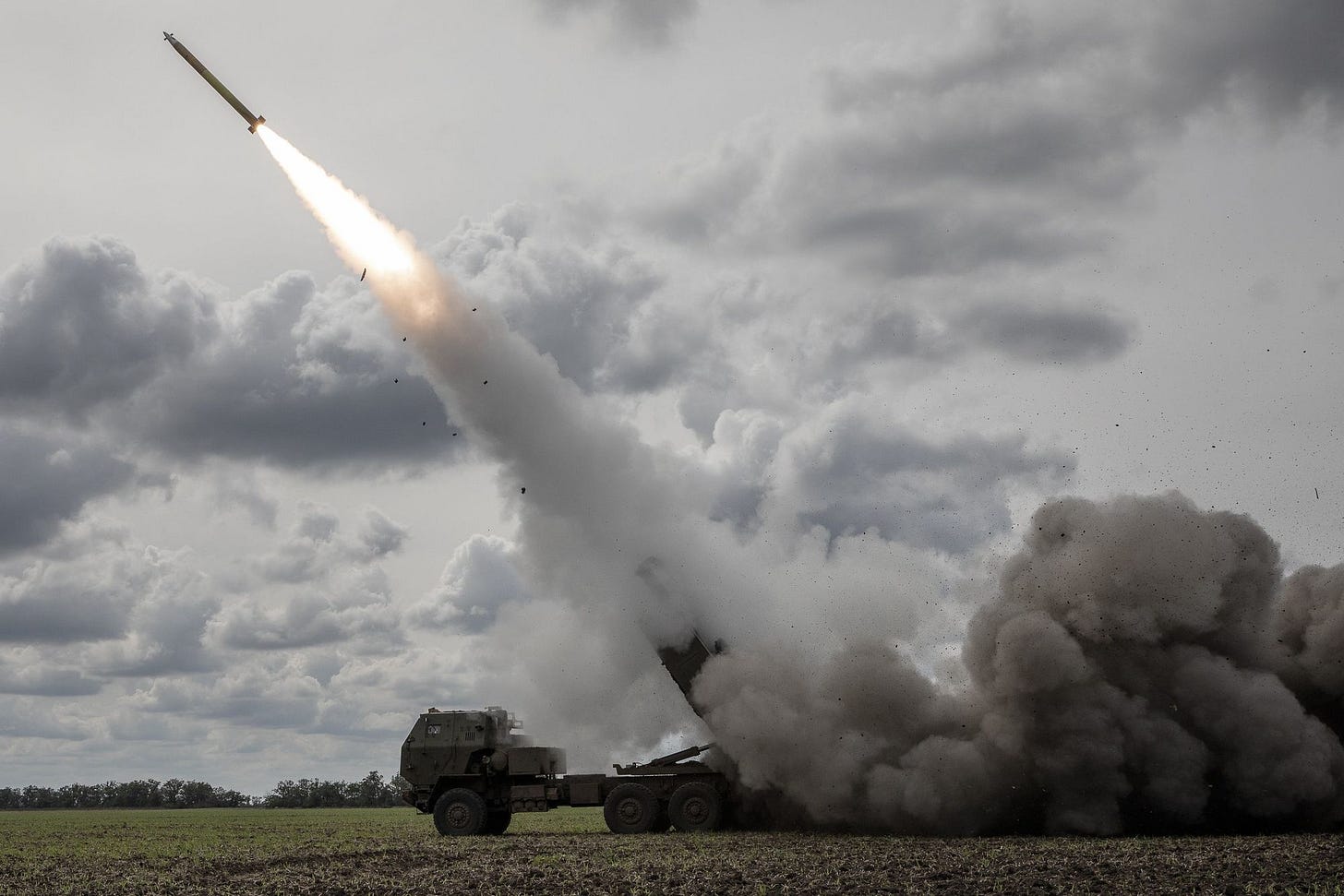What is the way forward in a war where advancing is so difficult? (Part 2)
Corvi and Cavity Magnetrons: what is a 'game-changer' in war?
Hi Everyone,
Apologies, I really do seem to have gone down some rabbit holes. My plan was to finish this series this week by doing the last two points in the original post last week, but it turns out that just answering the third one took far too long. Once I started discussing Carthaginian warships off Sicily, I sort of lost my way. Apologies!

Last week (see below) I started talking about looking at historical case studies where one side in war was able to overcome a situation of what looked like stalemate, as a way of making reflections on the situation in which Ukraine finds itself in the present war. As you might know, I only got to two of the four points I wanted to make—so here is an attempt to do the final two.
What is the way forward in a war where advancing is so difficult? (part 1)
Hello Everyone, (Note—once again my wordiness has won out. I was planning on covering all 4 examples mentioned below, but in the end after writing 2 the piece was too long—so will finish this next week. I hope its not too detailed). The midweek update this week is about how Ukraine might handle the great question of the land-war that we have seen; the extreme difficulty that land forces face when they try to move forward. This should be apparent to everyone at this point. What we have seen over the past year, with the exception of the Ukrainian Kharkiv operation, is that moving forward is extremely hard. Even when forces create opening in the lines, which the Ukrainians did in Zaporizhzhia the other week, it is extremely difficult to exploit those openings. That is because of fires that can come from a wide range of different area. Even if it looks like there is an opening, that opening can be covered by ranged fires (artillery/MLRS), UAVs, etc. That means that getting vehicles through those openings and surviving seems a tall order (to put it mildly).
One side will have to build/develop new equipment that will give it an upper hand that is presently doesn’t possess.
This question has actually been the subject of discussion this week, with some people exclaiming there is rarely such a thing as a ‘game-changing’ weapon in war, and therefore there is unlikely to be one in the Russo-Ukraine War. This is, frankly, a bizarre and ahistorical point, and seems to confuse the idea of a ‘war-winning’ weapon with a game changing one. Actually there are regularly game-changing weapons in war, in that they alter materially the ways the sides fight and what they can do. The introduction of HIMARS rocket artillery systems, for instance, was definitely a game-changer in this war. When they were used for the first time in the summer of 2022, they gave the Ukrainians the ability to hit all Russian large ammo depots and command/control centers that could be identified within range.
This led to a major change in the way that the Russians went about their business. They had to relocate all their large depots much further from the front than before. This has been one of the reasons that Russian vehicle advances all but stopped dead at that moment. Getting supply forward to sustain an advance is a massive business, requiring large stores of fuel and ammo to be kept close to the front. That was impossible from that time onwards, and its helped transform the way that the war has been fought.
There are regularly in war ‘game-changing’ developments, and there is no reason to think that such a development is impossible in this war. The real question is whether the development could be game-changing enough that it leads to Ukrainian victory. To try and discuss what I mean, I will talk about two game-changing developments in war, one ancient and one modern.
Breaking a Stalemate in the First Punic War
If you ever get to Sicily, you will almost certainly overlook the city of Marsala, which lies on the westernmost tip on the island. This is a mistake, as Marsala has one of the most remarkable historical sights in seapower history (as well as a Pasticceria to die for). If you head into the centre you can come across a museum which holds the remains of a Carthaginian warship from the First Punic War.1
Even though only a small part of the ship was raised and put on display, you can tell it was a sleek, very-well constructed, top of the line naval vessel of the period. And this is no mistake. Carthage was the great sea power of the Mediterranean after the decline of Athens, and dominated much of the Sea in the 4th and 3rd centuries BCE.

Carthage, a great city located on the North African coast in what is present day Tunisia, was itself practically invulnerable. It had a brilliant harbor, and the Carthaginians constructed the most advanced (and it must be said beautiful) circular harbor in which it protect its Navy. It was a maritime superpower.

In 260BCE. however, the Carthaginians went to war with the growing land-power of the era, the upstart Roman Republic. It was, as all good ancient wars were to that time, about the control of the island of Sicily. The Carthaginians controlled most of the island, but the Romans were desperate for it, and having conquered the Italian mainland down to the toe of the boot, the crossed over to present day Messina, and war ensued.
Keep reading with a 7-day free trial
Subscribe to Phillips’s Newsletter to keep reading this post and get 7 days of free access to the full post archives.


